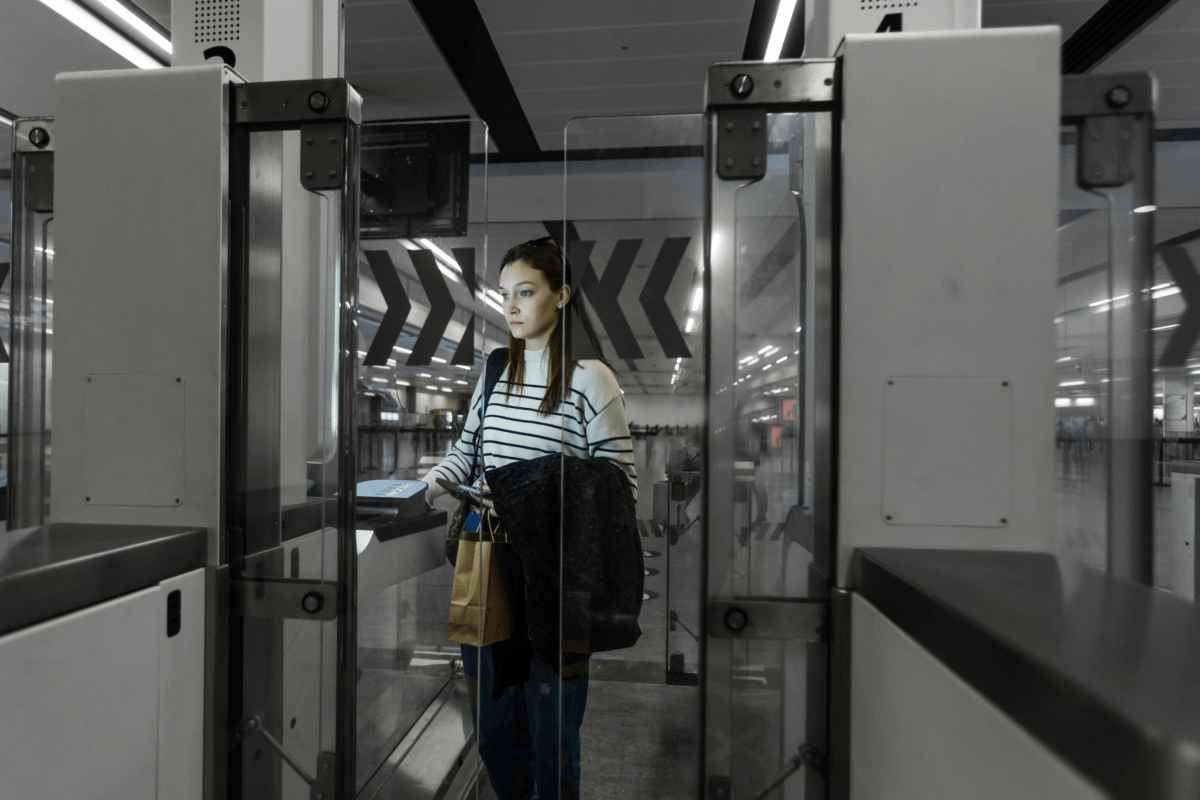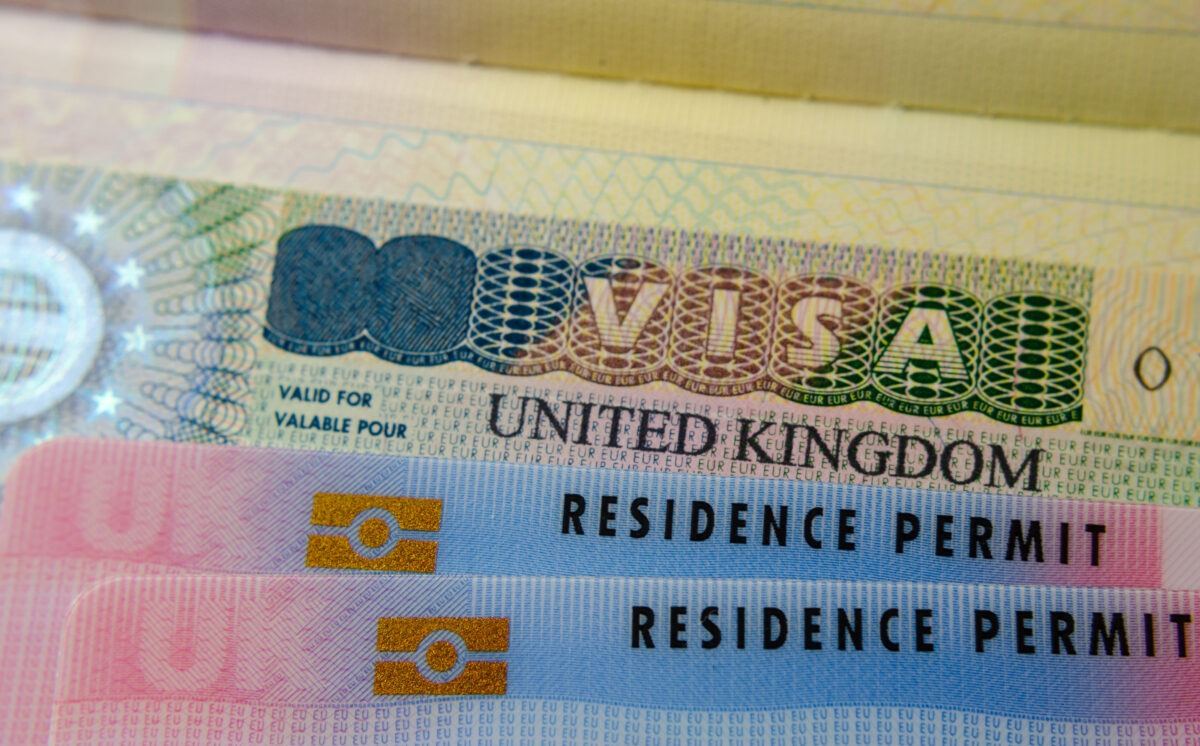Introduction
The UK government is in the process of transforming its immigration system, replacing traditional physical documents with eVisas, a digital proof of immigration status. This move is part of the UK’s commitment to a fully digital immigration experience by 2025. With this system, biometric residence permits (BRP), biometric residence cards (BRC), passport visa stickers, and ink stamps will be phased out and replaced with secure digital records accessible through an online UK Visas and Immigration (UKVI) account. Here’s everything you need to know about the shift to eVisas and how to navigate the new system.
What is an eVisa?
An eVisa is a digital record of a person’s immigration status in the UK, designed to replace physical documents previously used to prove legal residence and rights. The eVisa system provides an electronic way to access and share immigration status details through a secure UKVI account. With an eVisa, individuals can easily confirm their immigration status for employers, landlords, and public service providers without needing to produce physical documents.
Key Benefits of the eVisa System
The eVisa system brings several advantages for users and the UK immigration infrastructure:
Security: Digital records reduce the risk of fraud, loss, or damage that physical documents are prone to.
Convenience: Individuals can access their immigration status online at any time, streamlining verification processes for employment, renting, and public services.
Efficiency: Digital records eliminate the need to wait for physical documents, making the entire immigration experience faster and more accessible.
Enhanced Privacy: eVisas allow individuals to share only the information needed for specific situations, protecting personal data.
Transition Timeline and Action Required
The transition to eVisas has already started. Many individuals with immigration status in the UK, such as those granted pre-settled or settled status under the EU Settlement Scheme, have already received eVisas. Here’s what holders of different document types need to do:
Biometric Residence Permit (BRP) Holders: BRPs will expire on December 31, 2024. BRP holders should set up a UKVI account at www.gov.uk/eVisa to access their eVisa, which will replace their BRP.
Biometric Residence Card (BRC) Holders: BRC holders with settled status under the EU Settlement Scheme already have an eVisa. They need only keep their UKVI account updated with current passport and contact details.
Passport Ink Stamps or Visa Stickers Holders: Applicants should make a no time limit application, once granted they will be given access to the eVisa system automatically.
No fees are associated with creating a UKVI account, and setting it up will not affect a person’s current immigration status. To ensure a seamless transition, it’s recommended that all affected individuals complete this setup as soon as possible.
Steps to Create a UKVI Account
Visit the Official eVisa Page: Go to www.gov.uk/eVisa to begin setting up a UKVI account.
Verify Identity: BRP holders can use their existing document details to create an account, while those with legacy documents may need to use additional information, such as their passport or visa application number.
Access and Manage Your eVisa: Once the account is active, users can log in to view, update, and share their immigration status as needed.
Proving Immigration Status with an eVisa
eVisas make it simple to prove immigration status through the UKVI account. By generating a secure share code, individuals can provide temporary access to their immigration information for third parties, such as employers and letting agents. This eliminates the need to carry and present physical immigration documents for everyday transactions, offering a streamlined alternative.
Support for Digitally Excluded and Vulnerable Groups
Recognising that not everyone may have easy access to digital systems, the UK government has established support mechanisms to assist those who are digitally excluded or vulnerable. These include:
Assisted Digital Service: Provides phone and email support to help with UKVI account setup and eVisa access.
Partner Organisations: A £4 million fund has been allocated to community organisations to help vulnerable individuals transition to eVisas.
Nominated Helpers: Individuals who need assistance managing their eVisa account can authorise a helper or proxy to handle their account on their behalf.
International Travel with an eVisa
Although the eVisa system simplifies many processes within the UK, individuals should still carry valid physical documents, such as passports, when travelling internationally. Travellers can ensure their eVisa is linked to the correct passport by updating their UKVI account with any new passport details.
To further streamline the travel experience, airlines, ferries, and train operators are integrating systems to automatically verify passenger immigration status with UKVI records. This will enhance border security and simplify travel for those with digital immigration records.
Future of eVisas and Digital Immigration
The UK is committed to moving toward a fully digital border and immigration system. By 2025, all physical immigration documents will be replaced by eVisas, setting a new standard in immigration management. This shift not only modernises the process but also aligns with broader societal moves towards digitalisation.
The eVisa system will continue to expand, with ongoing improvements and regular updates to ensure that it remains accessible, secure, and user-friendly. Future plans include trialing contactless border checks using biometric data, like facial recognition, as the government explores ways to further simplify and secure border control.
Final Thoughts
The UK’s move to a fully digital immigration system represents a significant advancement in how immigration status is managed, accessed, and shared. For individuals currently holding physical documents, setting up a UKVI account and transitioning to an eVisa is a straightforward process that offers enhanced convenience and security.
For more information and step-by-step guidance, visit www.gov.uk/eVisa. Should you encounter any issues, assistance is available through the Home Office’s support channels to ensure everyone can successfully transition to the eVisa system.




